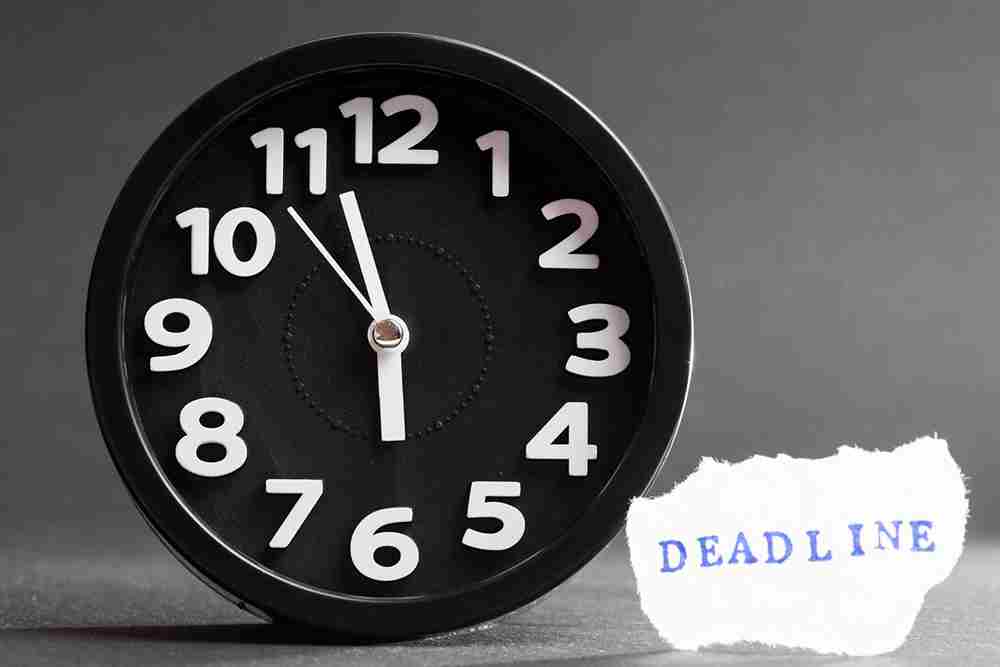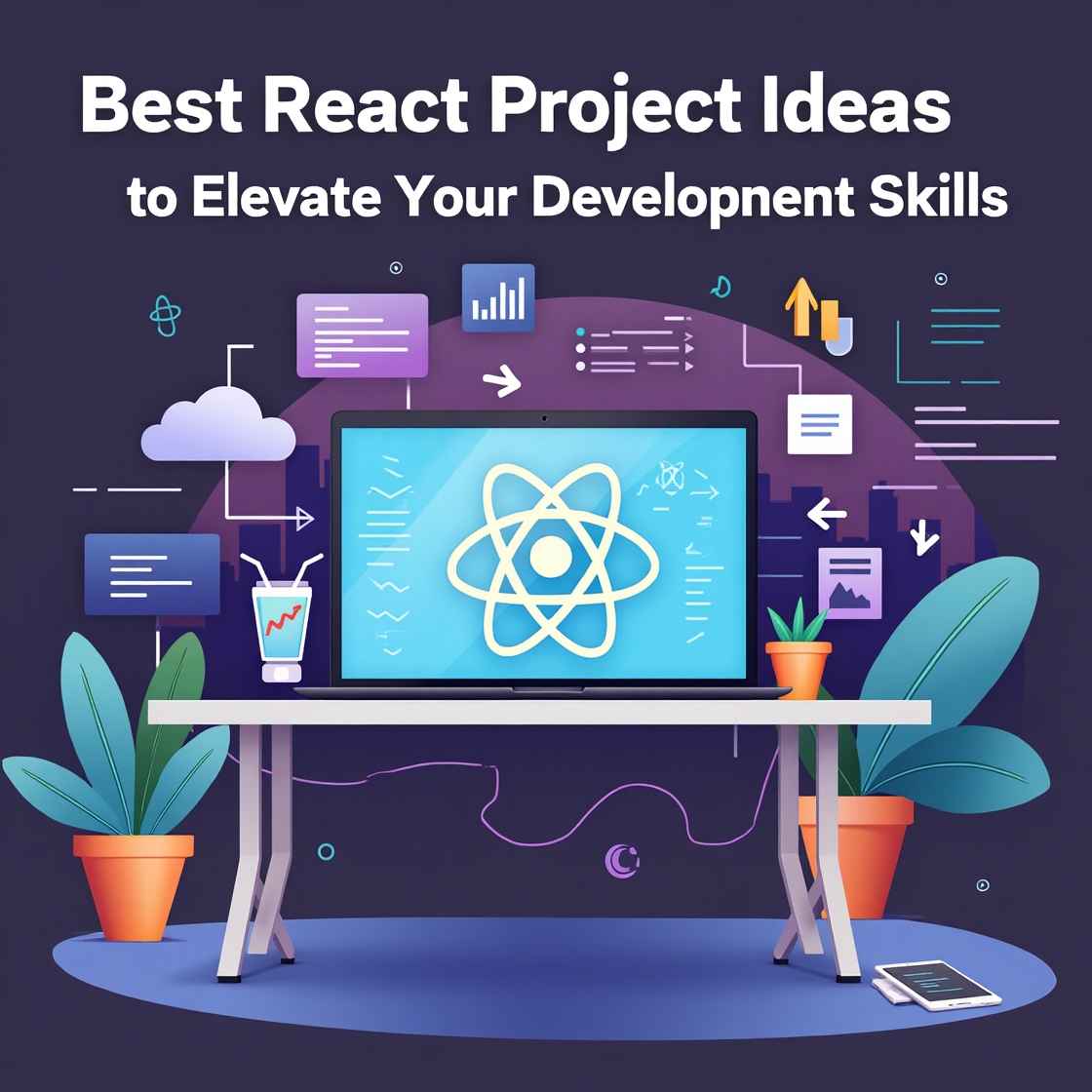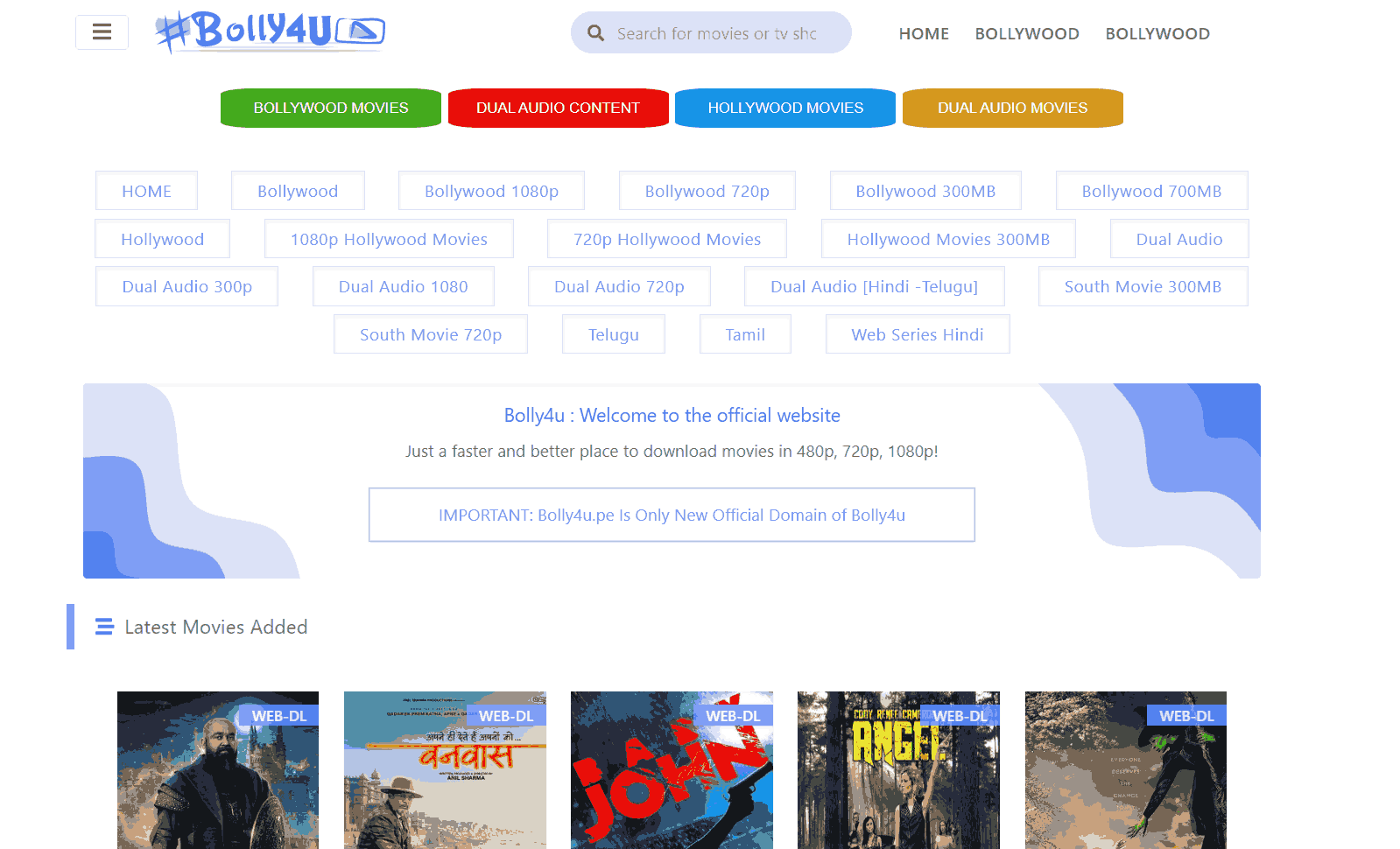Death Clock: Can AI Really Predict Your Time of Death?

The concept of knowing your lifespan has intrigued humanity for centuries. From fortune tellers to life expectancy calculators, we’ve long sought ways to understand the mystery of our final days. Enter the Death Clock—an AI-powered tool that claims to estimate when your time will run out.
But how does it work, and can it really provide accurate predictions? Let’s explore the science, the ethical dilemmas, and the buzz surrounding this futuristic tool.
What Exactly is the AI-Powered Death Clock?
This online tool uses artificial intelligence to predict your time of death. By analyzing input like age, lifestyle habits, and medical history, it generates a lifespan estimate. Unlike traditional life expectancy calculators, it claims to be more personalized and accurate, thanks to machine learning and data-driven insights.
The Death Clock offers users a countdown timer, a morbidly fascinating feature that has garnered attention worldwide.
Also Read: 10 Powerful Benefits of AI in Healthcare
How Does It Work?
The tool operates by:
- Collecting Personal Data: You input details such as your age, weight, health habits, and family medical history.
- Analyzing Patterns: AI algorithms process this data alongside global health trends.
- Estimating Lifespan: The system delivers an estimated date of death based on probabilities and statistical models.
While the idea may sound compelling, it’s crucial to remember that no AI tool can predict your exact future.
Why Are People Drawn to the Death Clock?
There are several reasons this tool has captured attention:
- Curiosity: Many people are intrigued by the idea of knowing their lifespan.
- Health Awareness: Some see it as a prompt to reflect on lifestyle choices and health risks.
- Tech Fascination: The concept of AI analyzing mortality feels both futuristic and chilling.
However, reactions range from excitement to skepticism, and the tool’s implications go beyond mere entertainment.
Ethical and Emotional Considerations
The Death Clock raises important questions about privacy, accuracy, and mental health.
- Accuracy: Can AI account for unpredictable events or unique individual factors?
- Privacy: How secure is the sensitive data users provide?
- Mental Impact: For some, the countdown feature may cause undue stress or anxiety.
Experts caution against taking the results too seriously. While it might be fun for some, others could find it distressing.
Is the Death Clock Reliable?
Despite its sophisticated algorithms, the Death Clock offers estimates rather than certainties. Factors like accidents, genetic mutations, or environmental influences are impossible to predict. AI excels in patterns and probabilities but lacks the nuance to fully understand human life’s complexity.
Think of it as a conversation starter or a tool to inspire healthier choices—not a crystal ball.
Should You Use It?
If you’re considering trying the Death Clock, keep these points in mind:
- Approach It Lightly: It’s more of a novelty than a definitive answer.
- Use It for Motivation: Let it encourage you to improve your lifestyle if necessary.
- Know Yourself: If you’re prone to anxiety, you might want to skip it.
Also Read: Discovering the Power of NutriScan: Your AI Nutrition Guide
The Bigger Picture
The Death Clock symbolizes the growing role of AI in deeply personal areas of life. While it raises intriguing questions about our relationship with mortality, it also highlights the ethical dilemmas of relying on technology for sensitive matters.
AI has proven its potential in healthcare, diagnostics, and personalized recommendations. But tools like the Death Clock remind us of the importance of balancing curiosity with caution.
Final Thoughts
The Death Clock is a fascinating, albeit imperfect, glimpse into how AI is shaping our understanding of life and death. Whether you see it as a gimmick, a tool for reflection, or something in between, it’s clear that this technology taps into a universal human curiosity: How much time do we really have?
Would you try the Death Clock, or is this one mystery better left unsolved?
More Articles for you
- React vs Angular: Which JS Framework to choose for Front-end Development 2024?
- Download Movies for Free Online: Top 10 Sites You Need to Know
- Boost Your Corporate Sector Success with Top 10 Productivity Tools
- Pushpa 2 Advance Booking Starts
- India GDP Growth Rate Drops to 5.4% in Q2: Is It Time for RBI to Step In?
- Amazon’s First-Ever Black Friday Sale in India







Can you be more specific about the content of your article? After reading it, I still have some doubts. Hope you can help me.
Your article helped me a lot, is there any more related content? Thanks!
Your article helped me a lot, is there any more related content? Thanks!
Hello.This post was extremely fascinating, especially because I was searching for thoughts on this topic last Sunday.
Thanks for sharing. I read many of your blog posts, cool, your blog is very good. https://accounts.binance.com/hu/register-person?ref=FIHEGIZ8
Your point of view caught my eye and was very interesting. Thanks. I have a question for you.
Thanks for sharing. I read many of your blog posts, cool, your blog is very good.
It’s in reality a nice and useful piece of information. I am
satisfied that you just shared this useful information with us.
Please stay us up to date like this. Thank you for sharing.
my webpage – Nordvpn Coupons Inspiresensation (http://T.Co/Y7Mrgpy3QB)
It’s a shame you don’t have a donate button! I’d without a doubt donate to this fantastic blog!
I suppose for now i’ll settle for book-marking and adding your RSS feed to my Google account.
I look forward to brand new updates and will share this website with my Facebook group.
Talk soon!
Feel free to surf to my web-site … nordvpn coupons inspiresensation – http://da.gd/nordvpn789 –
nordvpn special coupon code 2025 350fairfax
This information is invaluable. Where can I find out more?
Wonderful work! This is the type of information that should be shared around the internet. Shame on Google for not positioning this post higher! Come on over and visit my site . Thanks =)
Your article helped me a lot, is there any more related content? Thanks!
Thanks for sharing. I read many of your blog posts, cool, your blog is very good.
amei este site. Pra saber mais detalhes acesse nosso site e descubra mais. Todas as informações contidas são conteúdos relevantes e exclusivos. Tudo que você precisa saber está está lá.
Thanks for sharing your thoughts. I really appreciate
your efforts and I am waiting for your next write ups thanks
once again.
My page; eharmony special Coupon code 2025
There are definitely a lot of particulars like that to take into consideration. That could be a great point to convey up. I offer the ideas above as basic inspiration however clearly there are questions just like the one you bring up the place the most important factor shall be working in sincere good faith. I don?t know if best practices have emerged around things like that, but I am certain that your job is clearly recognized as a good game. Both girls and boys really feel the influence of just a second’s pleasure, for the remainder of their lives.
Wow, wonderful blog layout! How lengthy have you been running a blog for? you make running a blog glance easy. The overall look of your site is fantastic, as well as the content!
great post, very informative. I ponder why the other experts of
this sector do not understand this. You should proceed
your writing. I am sure, you have a huge readers’ base already!
my website: vpn
Your article helped me a lot, is there any more related content? Thanks! https://accounts.binance.com/el/register-person?ref=RQUR4BEO
I am in fact happy to read this webpage posts which consists of plenty of
useful facts, thanks for providing these kinds of data.
https://tinyurl.com/28555853 gamefly free trial
If some one wishes expert view about running a blog after that
i suggest him/her to pay a quick visit this blog, Keep up the nice work.
What does a vpn do https://tinyurl.com/2bm4xgrn
Thanks for one’s marvelous posting! I truly enjoyed reading it, you may be a great author.I will remember to bookmark your blog and definitely will come back later in life. I want to encourage you continue your great job, have a nice weekend!
This web site really has all the information I wanted
about this subject and didn’t know who to ask.
I enjoy what you guys are up too. This type
of clever work and coverage! Keep up the excellent works guys I’ve
included you guys to my own blogroll.
I don’t think the title of your article matches the content lol. Just kidding, mainly because I had some doubts after reading the article.
Perfectly composed subject matter, thanks for entropy.
Its wonderful as your other posts : D, thanks for posting.
Great awesome issues here. I?¦m very glad to look your article. Thank you so much and i am looking ahead to contact you. Will you kindly drop me a mail?
I’ve been surfing online more than 3 hours today, yet I never found any interesting article like yours. It is pretty worth enough for me. In my opinion, if all web owners and bloggers made good content as you did, the web will be much more useful than ever before.
I do enjoy the manner in which you have framed this particular problem and it does indeed give me some fodder for thought. Nevertheless, from everything that I have experienced, I really hope as the feedback stack on that folks stay on point and in no way get started upon a tirade of the news of the day. Anyway, thank you for this exceptional point and although I do not really concur with this in totality, I regard the viewpoint.
At this time it looks like Drupal is the best blogging platform out there right now. (from what I’ve read) Is that what you are using on your blog?
It?¦s in reality a great and helpful piece of information. I am glad that you simply shared this useful information with us. Please stay us up to date like this. Thank you for sharing.
Thanks for sharing superb informations. Your web site is so cool. I am impressed by the details that you have on this site. It reveals how nicely you understand this subject. Bookmarked this web page, will come back for extra articles. You, my pal, ROCK! I found just the information I already searched everywhere and simply couldn’t come across. What a perfect web-site.
Some really wonderful work on behalf of the owner of this website , perfectly outstanding content.
I like this site very much so much wonderful information.
Personalized approach perfection, personalization makes the difference. Tailored service excellence. Custom satisfaction.
I don’t think the title of your article matches the content lol. Just kidding, mainly because I had some doubts after reading the article. https://www.binance.info/en-IN/register-person?ref=UM6SMJM3
whoah this weblog is wonderful i reallly like stgudying your posts.
Stay uup the good work! You already know, many peopl are searching round for this
info, you couuld aid them greatly. https://Bookofdead34.wordpress.com/
Dry Cleaning in New York city by Sparkly Maid NYC